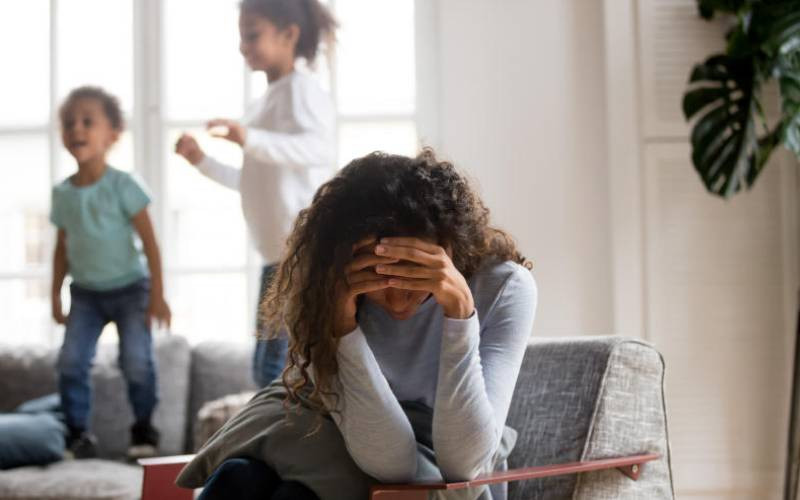
Maria Likuyachi, who was orphaned as a baby, is believed to have been born hearing but became deaf at infancy.
Now 35 and a mother of two, Maria, who has a certificate in catering and dressmaking from the Mumias School for the Deaf, had to quit her job because her pregnancy demanded frequent hospital visits, which consumed most of her time.
“I discussed it with my husband and we saw it fit that I quit my job to take care of the children,” she says.
Facts First
Unlock bold, fearless reporting, exclusive stories, investigations, and in-depth analysis with The Standard INSiDER subscription.
Already have an account? Login
 The Standard Group Plc is a multi-media organization with investments in media
platforms spanning newspaper print
operations, television, radio broadcasting, digital and online services. The
Standard Group is recognized as a
leading multi-media house in Kenya with a key influence in matters of national
and international interest.
The Standard Group Plc is a multi-media organization with investments in media
platforms spanning newspaper print
operations, television, radio broadcasting, digital and online services. The
Standard Group is recognized as a
leading multi-media house in Kenya with a key influence in matters of national
and international interest.











